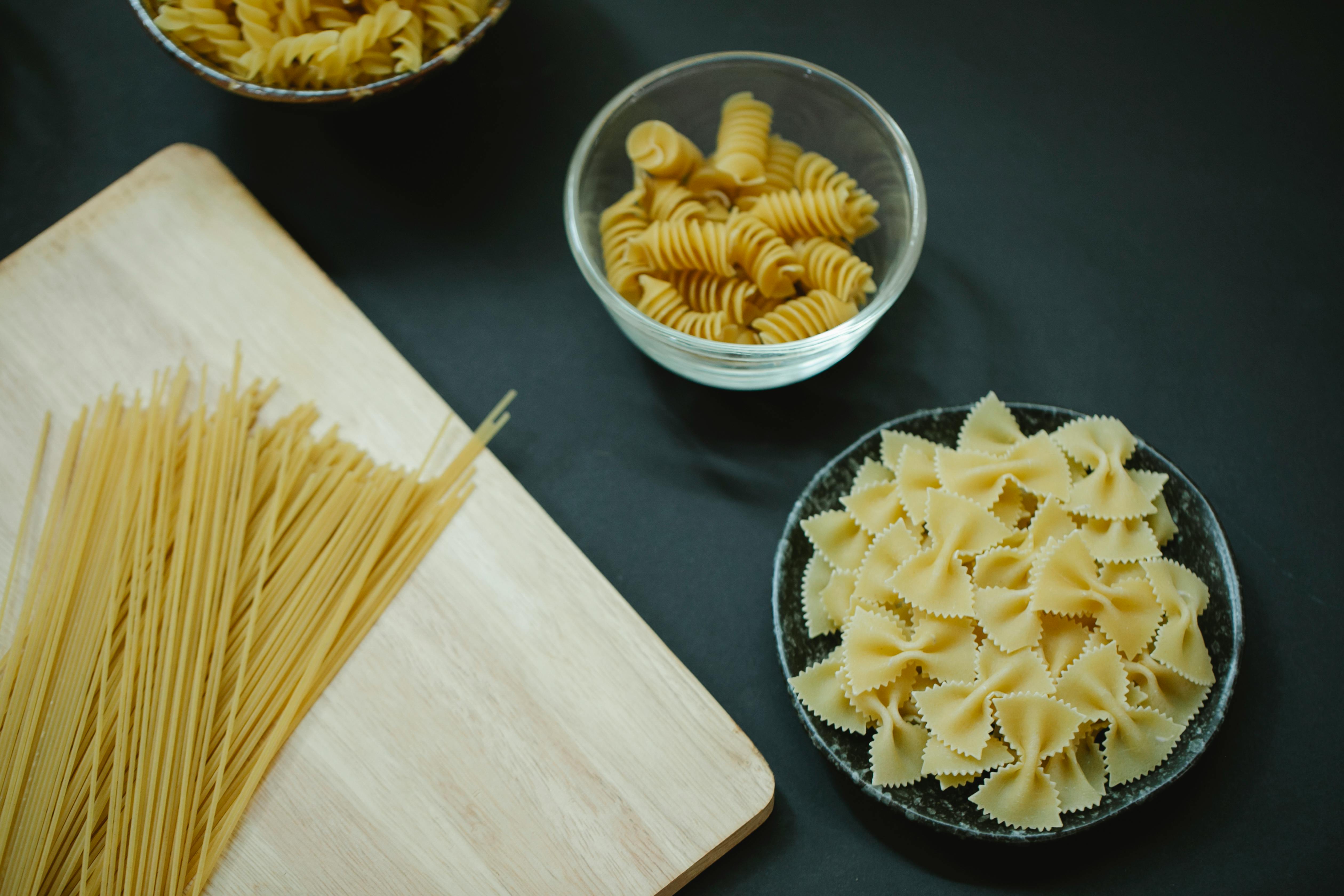Walnut hardwood flooring is the type of flooring that will last for many generations with half as many complaints and scratches as other hardwood floors. This flooring is impact resistant, tough, difficult to cut, sand, shape and install. It has a janka hardness rating of 1820, making it one of the hardest hardwoods found anywhere in the world. Most walnut hardwoods are reddish-brown in color, but there is also white walnut.
Advantages of walnut wood floors
• Shock Resistant – Being shock resistant, walnut hardwood is also used to make furniture, golf clubs, baseball bats and more. When used as a floor, it is capable of withstanding the daily wear and tear, weight, heat, and pressure of your home.
• Durable – is harder than maple, pine, oak and teak. Although it is hardwood, it can develop dents and scratches if excessive force is used, after prolonged use, and if heavy objects such as tools are dropped on it. This can be corrected by getting hardwood floors using hand-scraped walnut floors.
• Has a remarkable grain pattern – Wood grain is very attractive, but it becomes even more beautiful when used as a hardwood floor. When building new homes, this is the most sought after wood for floors. This is due to color variations from dark brown to almost white. There are also attractive mineral veins and knots.
Cons of Walnut Hardwood Floors
• Difficult to install because walnut’s hardness and density make it difficult to cut and sand on hardwood floors. It can even damage tough hand tools with its harshness. It is not advisable for a homeowner or novice to try to make walnut hardwood flooring planks, but have an expert do the job. They also offer finished and pre-cut walnut hardwood floors if you want to do it yourself.
• Floor boards should be wider than normal; due to the dense coloring, the boards will have to be cut in 3 ¼. Boards that are 4 and 5 inches thick because thinner boards will not look good. Thinner boards can overwhelm the entire look of the floor due to the different tones and uneven, uneven grain of the wood. When you use wider boards you reduce this problem.
• Stain Resistant – Walnut wood is so dense that if stained another color or to give it a shine, the stain will often not adhere to or penetrate the surface and may affect the finish. The only parts of the wood that could be stained are the soft areas of the wood.
• Susceptible to warping: Although it is a hard wood, if it is not properly dried before installing it, it could warp.
